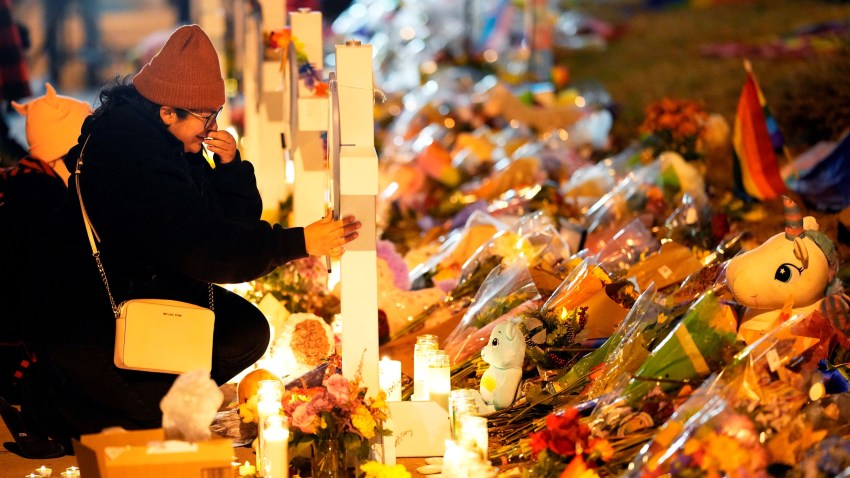Last weekend, at least five people were killed in a mass shooting at an LGBTQ nightclub in Colorado Springs, in the U.S. state of Colorado. As several news outlets and commentators have noted, the shooting followed a midterm congressional election cycle marred by anti-LGBTQ rhetoric from powerful U.S. politicians, including former President Donald Trump. The attack has elevated conversations about the risks and rights abuses experienced by queer people and those with nonconforming gender identities in U.S. society and worldwide. But it also underscores the connections, both real and perceived, between gender extremism and violence more broadly.
Even without such inflammatory rhetoric infusing the national political conversation, gay and transgender people face significant threats to their human rights. In the U.S., according to data from UCLA Law School’s Williams’ Institute, LGBTQ people are more than four times as likely than gender-conforming people to experience a violent crime. According to Human Rights Watch, 67 countries still have laws on the books criminalizing consensual same-sex sexual relations, and nine have laws criminalizing expressions of nonconforming gender identity. With eyes on Qatar for the FIFA World Cup, for example, its treatment of LGBTQ persons is in the spotlight: Human Rights Watch reported in October on the arbitrary detention and abuse of at least six LGBTQ people in the run-up to the games.
But anti-gay violence is not just a problem for gender minorities, nor is it just a human rights issue. It is also a bellwether for broader global security risks. A vast literature shows that repression against sexual and gender minorities is associated with authoritarian forms of government, which are likelier to engage in militarized international disputes with their neighbors. A strong connection has been documented between violent extremist movements and intolerance toward LGBTQ people. And when terror attacks occur, they can also harden authoritarian attitudes among the public, creating a recursive problem for democratic societies. Moreover, the protection of sexual and gender minorities has implications for a variety of security sector reforms, including peace operations.

